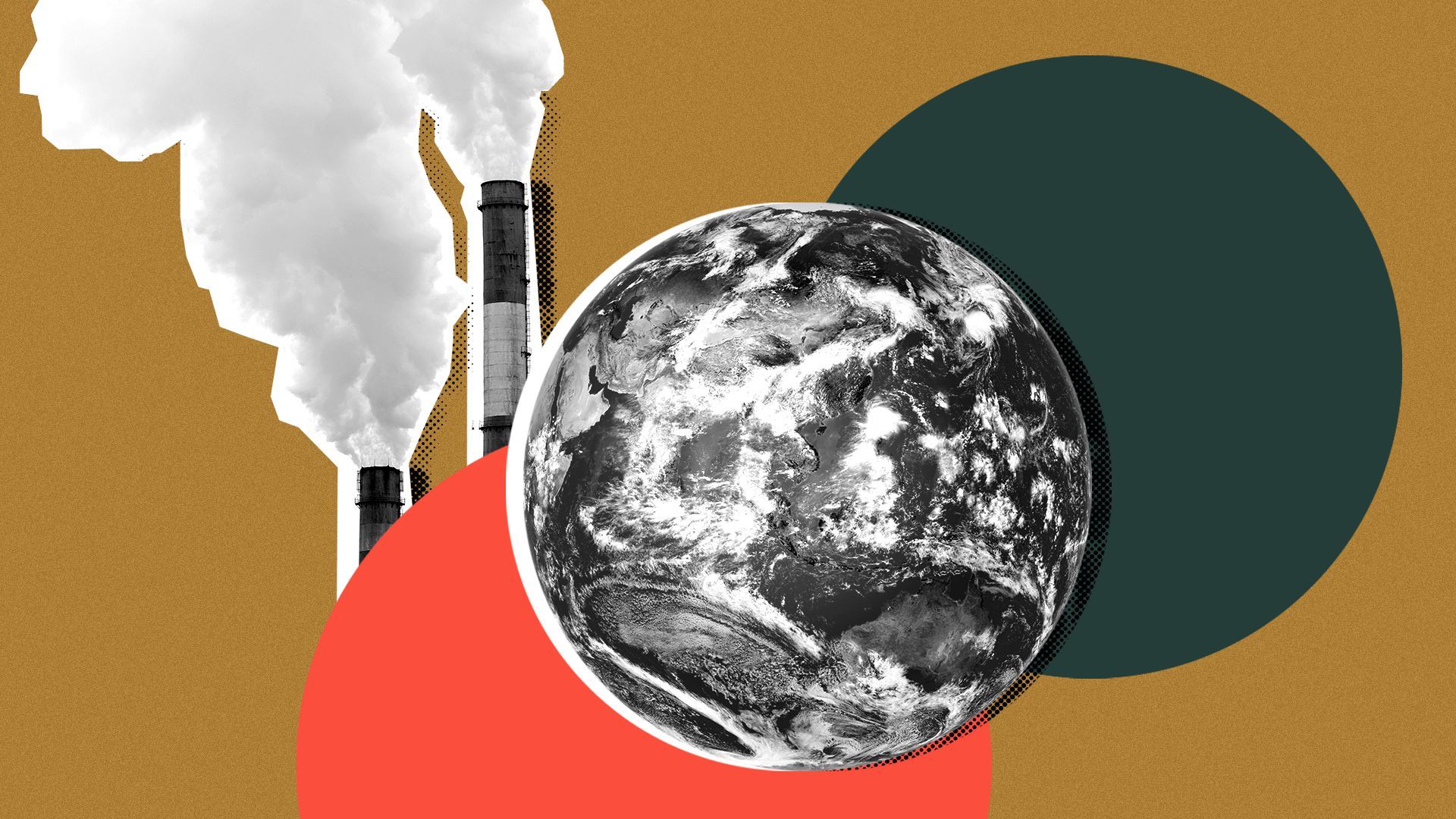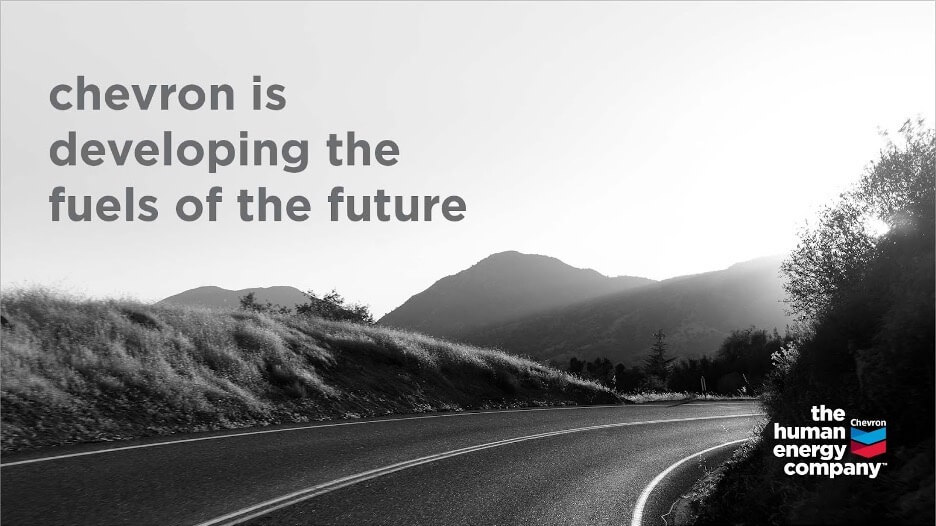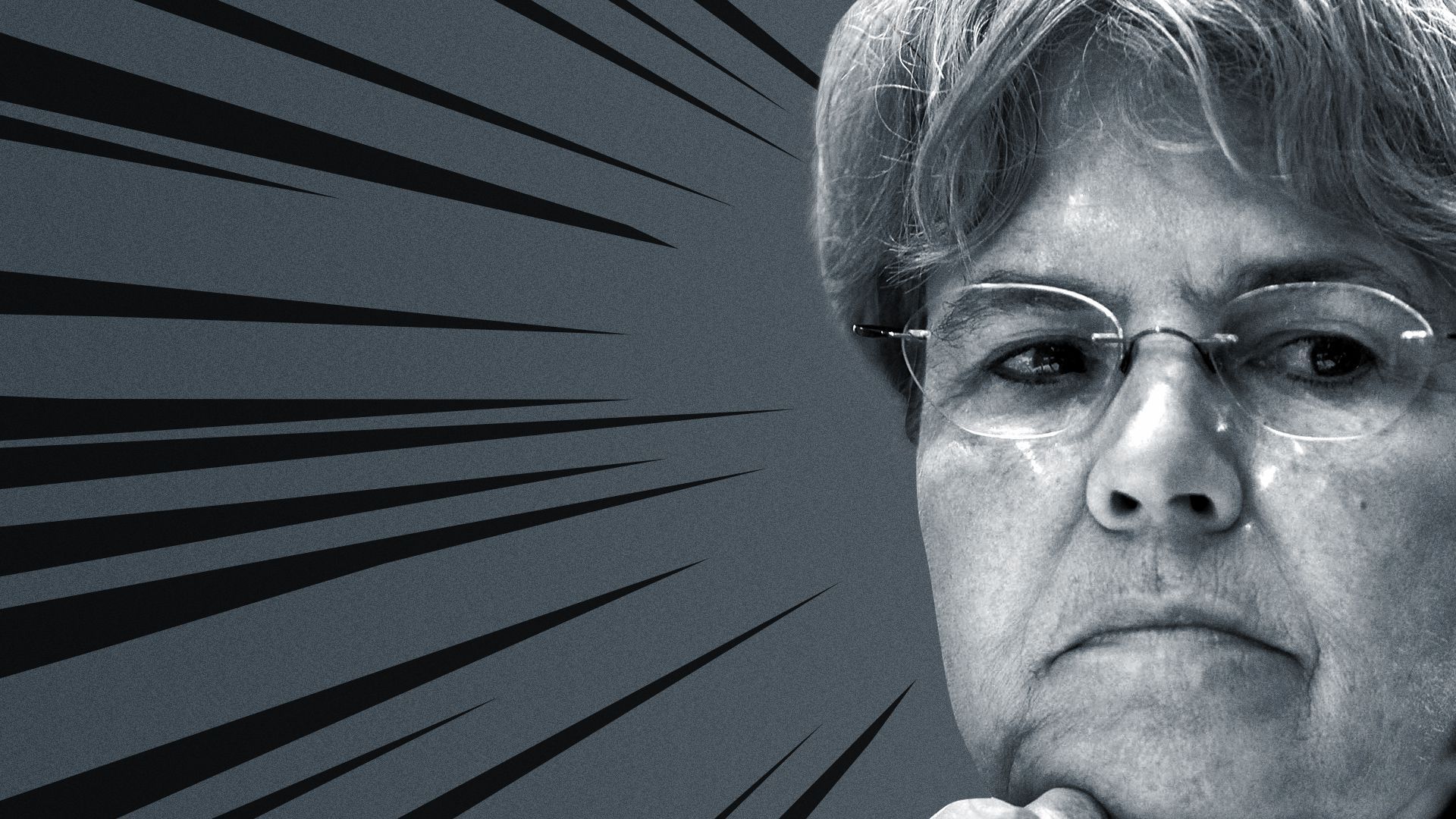| | | | | | | | | | | Axios Generate | | By Ben Geman and Andrew Freedman · Aug 17, 2022 | | 🐪 Wednesday already! Today's newsletter, edited by Mickey Meece, has a Smart Brevity count of 1,124 words, 4.5 minutes. 📬 Did a friend send you this newsletter? Welcome, please sign up. 🎶 Today marks the 1979 release date of XTC's third album "Drums and Wires," which provides today's intro tune... | | | | | | 1 big thing: The overlapping crises are everywhere |  | | | Illustration: Annelise Capossela/Axios | | | | We'll get to the new U.S. climate law in a moment, but first: A combination of heat, drought, war and other calamities is wreaking havoc on energy systems and manufacturing across the globe, Ben writes. The big picture: The signs are evident from China to Europe to the American West — among other hotspots — as energy providers and manufacturers grapple with the kind of problems worsened by climate change. 🇪🇺 In Europe, multiple regions face price and supply shocks driven by extreme weather and Russia's war on Ukraine. - This morning the Norsk Hydro-owned Slovalco aluminum plant in Slovakia said it's closing next month, citing high power prices.
- The Financial Times notes it's part of a trend of industrial output cuts and now closures that "highlight the pressure that heavy industry faces from gas prices that have soared to fresh all-time highs."
- Meanwhile, drought has sent water levels in the Rhine River, a key industrial lane for many goods including coal, to dangerously low levels that impair shipping volumes.
- The AP carries comments from an official with Germany's main industrial lobbying group, which warns, "It's only a question of time before facilities in the chemical and steel industry have to be switched off" and "petroleum and construction materials won't reach their destination."
🇨🇳In China, Bloomberg reports that battery giant CATL and Toyota are temporarily halting operations at plants in Sichuan province "as a drought-induced power crisis worsens." - The province is highly reliant on hydropower, making it vulnerable to heat that pushes up energy demand and drought, the story notes.
- More broadly, Reuters (citing state media) reports that China's heat wave has now lasted 64 days, "making it the longest since full records began in 1961."
- Oh, and a new FT piece notes that risks to hydropower could further tilt China's economy toward coal, already a massive CO2 source.
🇺🇸 In the U.S., federal officials yesterday said they are proceeding with reductions in Colorado River water allotments for Arizona and Nevada amid the ongoing drought. - But the Washington Post notes that Interior Department officials "left unresolved the looming question of how seven Western states will divide what's left of the dwindling river in the years ahead."
- The announcements and continued negotiations underscore the challenge of "getting competing states to cut vital water supplies that sustain cities, agriculture and hydropower for millions," it reports.
|     | | | | | | 2. 🏃🏽♀️Catch up fast on the new climate law | | 🗓️ Everyone ready for the next Capitol Hill energy policy fight? As President Biden signed the new law yesterday, Sen. Joe Manchin (D-W.Va.) wasted no time looking ahead to the next proposed legislation, Ben writes. - Manchin secured agreement from Majority Leader Chuck Schumer to try to move legislation that would ease permitting for all kinds of energy infrastructure, including pipelines.
- "I look forward to following this momentum by passing comprehensive permitting reform next month to ensure these investments become the energy projects we need to decarbonize and boost energy security," Manchin said in a statement.
🔭 Looking a bit further out, HuffPost explores how state and local officials will play a big role in dictating the pace and deployment of the climate law's roughly $370 billion worth of tax incentives and other support. - Think utility commissions, various state regulatory bodies, county zoning officials and more.
- "[F]ederal funding can only go so far in a country where a patchwork of jurisdictions and slow-moving bureaucracies rarely align on the need to quickly construct large-scale clean energy projects," Alexander Kaufman reports.
👀 Bloomberg has a nice look at how the deal was salvaged after near-death experiences. - There's a vignette about Bill Gates and Schumer speaking in mid-July about their efforts to get Manchin on board:
- One of the world's richest men felt he had to give one of the nation's most powerful lawmakers a little pep talk. "[Schumer] said to me on one call that he'd shown infinite patience," Gates recounted in an interview last week, describing for the first time his personal effort to keep climate legislation alive.
- "You're right," Gates told Schumer. "And all you need to do is show infinite plus one patience."
|     | | | | | | 3. New law set to boost the emerging Battery Belt |  Data: Center for Automotive Research; Map: Jared Whalen/Axios The climate bill President Biden signed into law yesterday will open up tens of billions of dollars in subsidies for high-tech electric vehicle plants across the South and the Midwest, Axios' Joann Muller reports. Why it matters: It's a big down payment on addressing climate change and boosting energy security as the U.S. races to build a domestic supply chain for batteries and other critical materials. How it works: One example is a tax credit of $35 per kilowatt hour (kWh) for each U.S.-produced battery cell. - That's 35% of today's average cost of producing a battery cell.
- Ford, for instance, could get a $3 billion tax break for the twin factories it's building in Kentucky, which will be able to produce 86 gigawatt hours' worth of batteries annually.
Zoom in: There's also a tax credit for U.S.-produced battery modules — groups of cells bundled together that fit inside a battery pack. - At $10/kWh, the credit would whack about one-third off the cost of assembling an EV battery pack, per Bloomberg NEF.
- Critical materials and minerals produced in the U.S. also get a 10% tax credit.
Read the whole story. |     | | | | | | A message from Chevron | | It's only human to help power a brighter future | | |  | | | | At Chevron, we believe the future of transportation is lower carbon, and hydrogen fuel can help us get there. We're partnering with vehicle makers and commercial truck fleet operators to scale the hydrogen fuel industry, because we believe innovation can help power a brighter future. | | | | | | 4. Science body sanctions White House climate aide |  | | | Photo illustration: Aïda Amer/Axios. Photo: Chip Somodevilla/Getty Images | | | | ICYMI: The National Academy of Sciences has barred Jane Lubchenco, a key White House climate aide, from involvement in NAS publications and activities for five years for violating its code of conduct before joining the administration, Ben writes. Why it matters: The move represents a significant rebuke to Lubchenco, who is deputy director for climate and environment at the White House Office of Science and Technology Policy. Driving the news: The NAS, the most prestigious science body in the U.S., said the decision, effective Aug. 8, stems from section 3 of its code of conduct. - A NAS spokesperson confirmed that the decision is related to last year's retraction of a paper in the Proceedings of the National Academy of Sciences (PNAS).
- Before joining OSTP, Lubchenco edited a paper that was retracted from the journal PNAS in October 2021 because the data underlying the analysis was not the latest available, and because she has a personal relationship with one of the authors (her brother-in-law).
- Lubchenco, while at the White House, has been spearheading work to develop scientific integrity policies across government agencies.
Read the whole story. Andrew contributed reporting. |     | | | | | | 5. 🛢️Quote of the day | | "This is the harsh reality that people have to wake up to and policymakers have to wake up to. Once that is realized I think then we can start to think of a solution here. And the solution is very clear." — OPEC Secretary-General Haitham Al Ghais, speaking to CNBCThat's the new OPEC boss arguing that "chronic underinvestment" by the oil industry, not OPEC decisions, is behind high oil and natural gas prices. |     | | | | | | A message from Chevron | | It's only human to help power a brighter future | | |  | | | | At Chevron, we believe the future of transportation is lower carbon, and hydrogen fuel can help us get there. We're partnering with vehicle makers and commercial truck fleet operators to scale the hydrogen fuel industry, because we believe innovation can help power a brighter future. | | | | 🙏Thanks for reading and we'll see you back here tomorrow. |  | | Why stop here? Let's go Pro. | | | | | | Axios thanks our partners for supporting our newsletters. If you're interested in advertising, learn more here.
Sponsorship has no influence on editorial content. Axios, 3100 Clarendon Blvd, Arlington VA 22201 | | | You received this email because you signed up for newsletters from Axios.
Change your preferences or unsubscribe here. | | | Was this email forwarded to you?
Sign up now to get Axios in your inbox. | | | | Follow Axios on social media:    | | | | | |
No comments:
Post a Comment